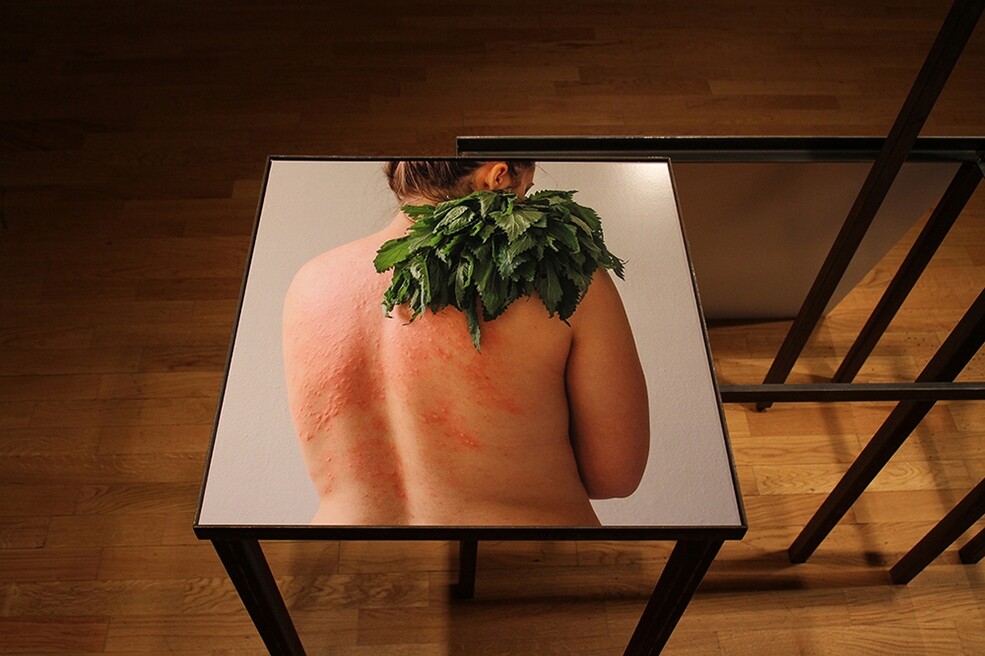Gloria Luca
area: Visual Art
Key Facts
nationality
Romaniaarea
Visual Artresidence
Iaşirecommending institution
tranzit.org / ERSTE Foundationtime period
July 2022 - August 2022Gloria Luca (b. 1988, Iaşi, Romania) is a multimedia artist who lives and works in Madrid and Iași. Luca employs writing as a learning tool that either precedes or accompanies her artistic processes and approaches the text from a multi-linguistic perspective as she works with the three languages that she operates with daily – Romanian, Spanish, and English.
Luca has shown her works in the Natural History Museum of Crete (2022); the Greek Consulate in New York (2022); Colateral Art Space, Cluj (2022); Satu Mare Art Museum, Romania; ABM Confecciones, Madrid (2021); Biennale Jeune Création Européenne, Montrouge, France (2019); KulturKontakt Austria, Vienna (2018); Art Encounters Foundation, Timişoara, Romania (2018); Ringturm Exhibition Centre, Vienna (2015); National Gallery - Trade Fair Palace, Prague (2015). In the context of an Erasmus Placement Grant, Luca worked together with the Spanish artist Daniel García Andújar on Glossarĭum, a monumental piece that was exhibited in Operating System, Curator Manuel Borja-Villel, Museo Nacional Centro de Arte Reina Sofía, Madrid (2015). In 2022, she was a fellow in the Laboratory of Art and Thought LAP#1 program at the Es Baluard Museum of Contemporary Art, Palma de Mallorca.
In the frame of the residency program, Gloria Luca will continue work on her text-based installation titled ‘Links Loading’ (2020 –pres.). Her work in progress consists of various sandpaper sheets which contain a repeated sentence on each sheet, texts that the artist either creates or appropriates from Western media and culture. During the two-month residency period, Gloria will produce an undetermined number of texts that she writes with black marker on almost A4-sized glasspaper sheets.
‘Links Loading’ is a project in which the artist reflects on the idea of migration as a feature of the future while trying to challenge concepts such as ‘nation-state,’ ‘borders,’ ‘state racism,’ as well as ‘othering’ practices that are fueled by anti-migration politics. To produce this piece, Gloria relates her investigation to a digital archive of representations that speak of traveling as a privilege and relocation as a desperate solution to either warfare, economic, or climate crisis.









